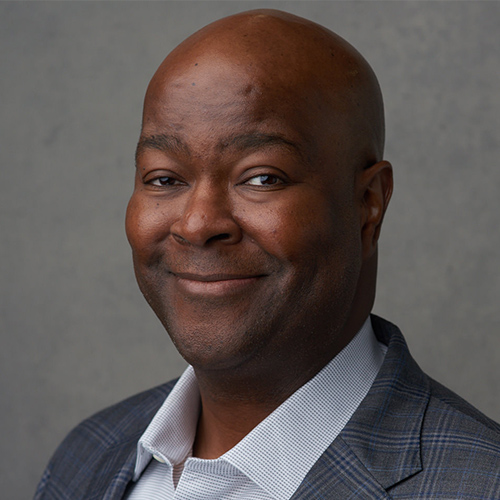3 minutes
Talent development supports agility in the marketplace.
What strengthens your effectiveness as a leader? As we discussed at our recent CEO/Executive Team Network event, building trust can be a key factor.
But another, less often discussed factor also plays an important role. That’s learning. Leaders who focus on learning—both for their teams and themselves—will find themselves in a better position to keep their organizations performing at a high level.
That’s because being agile is so important in today’s rapidly changing marketplace. And learning supports agility. A 2017 workplace learning report from LinkedIn found that the average shelf life of a skill today is a short five years. Ongoing recruiting for new skills can’t be the only way you deal with your credit union’s constant need for new knowledge. Leaders must also be learners—and build a workplace culture that supports the learning of everyone in the organization.
The O’Reilly report, “A Leader’s Mandate: Help Others Learn,” identifies five key ways leaders can build a learning-supportive culture that will drive agility and organizational success:
- Learn from failure. And do so regularly. Embrace failure as a learning experience—starting with your own failures. Share your own experiences with failure and how you turned the learning around to do something even better for the company. Make it clear that failure stemming from taking calculated risks and innovating is an opportunity to become better—and something that won’t be punished.
- Encourage healthy debate and dissent. A large credit union undergoing a core conversion some time back actually assigned a member of the team to be the “naysayer”—to find and point out everything that could go wrong (or was going wrong). The idea was that only by spotting the negatives could the best possible outcome be made a reality. You don’t necessarily have to assign someone this job. But make it clear that you want to hear what’s not working so your team can learn how to do it better.
- Build a team learning agenda. Jennifer Stangl—our director of professional development here at CUES—talks about this as building a “competency model.” The goal is to make a plan for the learning of your team that closely aligns with your credit union’s strategy and goals.
- Diversify learning beyond the traditional classroom. We all know that we learn in many ways—on the job, online, at conferences, reading books, talking with peers. CUES offers social learning through CUES Learning Portal and CUES Net; online learning through Director Education Center, Elite Access and webinars; and of course our extensive slate of onsite learning opportunities. (Our website lets you filter for the options you want.) Make sure your plan includes opportunities for learning in a variety of ways—and in the ways your team members like best.
- Set the example with your own learning. It seems like old hat, but there’s a great deal of power in leading by example. As the O’Reilly report explains so well: “As a leader, your willingness to share your own learning processes, skills you’re seeking to master, and experiences you’d like to develop emphasizes to your team that learning is valued and valuable. Partner with any available HR and L&D [learning & development] experts in this area, but don’t abdicate your own responsibility.”
All of this applies to boards, too. Credit union directors who make sure they are part of a learning board help staff leaders set the tone for a culture of learning. Why not start the new year by making sure your CEO/chair pair attends CUES Symposium, Feb. 9-13 in Kohala, Hawaii?
Since joining CUES in March 2013, John Pembroke has played a leadership role in developing and launching a new direction in CUES’ strategy, branding and culture. Under his guidance, CUES has revamped its membership structure, launched new institutes and introduced Elite Access™ Virtual Classroom, an innovative blending learning offering. Additionally, CUES has expanded its market further into Canada and the Caribbean. Pembroke’s experience includes 25 years in financial services, marketing and e-commerce. He also has served as chief marketing officer at PSCU Financial Services, St. Petersburg, Fla. Pembroke holds a B.S. in Economics from the Wharton School of Business of the University of Pennsylvania and an MBA in Marketing and Policy Studies from the Booth School of Business of the University of Chicago. Pembroke also serves on the board of directors of the Goodman Community Center, Madison, Wisconsin, whose mission is to strengthen lives and secure futures.






